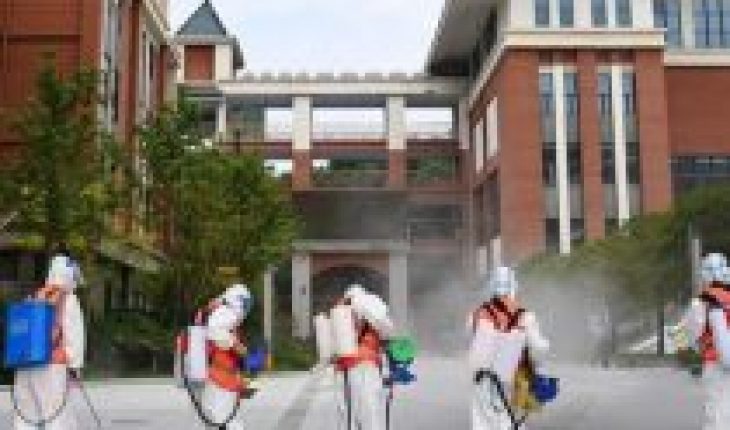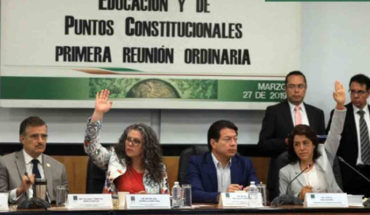The organization nominated 26 experts to join the team, the Scientific Advisory Group on the Origins of New Pathogens (SAGO).
More than a year and a half since the virus was detected in the Chinese city of Wuhan, the question of how it first arose remains unanswered.
The team will investigate whether the virus passed from animals to humans in Wuhan markets or leaked in a lab accident.
China has strongly rejected the second theory.
In February, a WHO team tasked with investigating the origins of covid traveled to China and concluded that the virus likely emerged from bats, but that more research was needed.
REUTERS
But World Health Organization Director-General Tedros Adhanom Ghebreyesus later said the investigation had been hampered by China’s lack of data and transparency.
Prevent future outbreaks
The proposed members of the Sago group include six experts who visited China as part of the previous team.
Aside from the coronavirus, Sago will also investigate the origins of other high-risk pathogens.
“Understanding where new pathogens come from is essential to prevent future outbreaks,” Tedros said.
In a joint publication in the journal Science, Tedros and other WHO officials said “a laboratory accident cannot be ruled out.”
REUTERS
At a news conference on Wednesday, Michael Ryan, executive director of the WHO’s Health Emergencies Programme, said it was impossible to ignore obstacles such as “national pride” that stand in the way of finding the origins of the coronavirus.
He added that the new group is “an effort to get back to scientific issues.”
“This is our best chance,” he said. “And it may be our last chance to learn about the origins of this virus in a collegial, collective and mutually responsible way.”
The announcement of the new group comes as CNN reported that China was preparing to analyze tens of thousands of blood bank samples taken in the early months of the pandemic.
But Chen Xu, China’s ambassador to the UN in Geneva, said Sago’s work was it should not be “politicized.”
“It’s time to send teams elsewhere,” he said.





